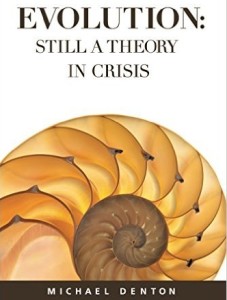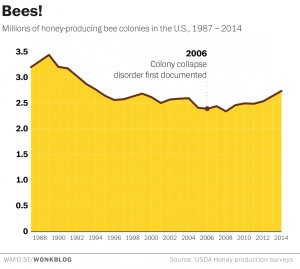Homeschool Event of the Year!
2016 – Great Homeschool Conventions
**See special offer at the end of this article – Thanks to Dr. Wile.
Great Homeschool Conventions is excited to partner with National Center for Life and Liberty, with a special thanks to our Title Sponsor, WORLD News Group, to host four regional homeschool conventions once again in 2016!
Why would you want to attend a Great Homeschool Conventions’ event? Each year, we begin to build the coming year’s event with that question in mind. We love our homeschooling families and want to bring the very best to you. We strive to provide top notch homeschool conventions which encourage, inspire, and educate homeschooling families to continue to do what they do best – HOMESCHOOL!
This coming year’s events promise to be packed with GREAT speakers, a HUGE exhibit hall, and family friendly special events.
First, we gather the cream of the crop for speakers and put together the best line up possible. We have 40 – 50 featured speakers each year! There are over 230 speaking sessions presented at each event. Below is just a sample of our amazing speakers in 2016:
Ann Voskamp, John Stonestreet, Dr. Jay Wile, Chrystal Evans Hurst, Dr. Kathy Koch
Visit our featured speakers’ page for a complete listing. We also have other presenters providing general sessions covering a wide variety of topics of interest to homeschooling families.
We have several “tracks” which address very specific interests to homeschooling families:
Homeschool 101 Track will be presented by Janice Campbell.
Our Real Faith for the Real World Teen Track helps teens learn how to defend their faith in today’s world. John Stonestreet, Mark Mittleburg, Brett Kunkle, and Dr. Jay Wile will provide your teens with a wealth of information on how to address the tough issues they are faced with today.
We also have a Special Needs Track and Parenting Track.
At the Homeschool EVENT of the YEAR, you will also have the opportunity to shop ‘til you drop in the HUGE exhibit hall. The exhibit hall is filled with hundreds of booths that often offer special “convention discounts” on homeschool curriculum.
Giant Cow Ministries offers an action packed vacation Bible school type program complete with skits, songs, and a full range of activities. With a separate registration, your children can be signed up to attend this special “children’s conference” for children ages 3-12 at the SouthEast, Texas, and MidWest events, and ages 6 – 12 at the California event.
Each year, we search for special events which offer a learning experience or a fun night out for families to spend time together. This coming year, we are happy to have:
The Willis Clan performing at the SouthEast, Texas, and MidWest Homeschool Conventions.
Holocaust survivor, Dr. Inge Auerbacher will be educating families about the Holocaust and will be sharing her experience as a young child living in a concentration camp for three years. Dr. Auerbacher will be joining us for the SouthEast and MidWest events.
Comedian Bob Smiley will be performing for those attendees at the Texas Homeschool Convention.
Comedian Dennis Regan will be entertaining at the California Homeschool Convention.
At all four GHC events, professional Christian theatrical company, Friends of the Groom will perform their version of C.S. Lewis’ popular novel, The Lion, the Witch, and the Wardrobe.
We will see you there!
**SPECIAL OFFER: We greatly appreciate Dr. Wile speaking and exhibiting with Great Homeschool Conventions each year! In honor of Dr. Wile, we would like to offer his readers up to $30 off of special event tickets with the purchase of a family registration.
Register NOW >>> www.greathomeschoolconventions.com.
Use the coupon code: drwile2016. Thanks Dr. Wile!!
This limited time offer is only good for new registrations only. Prior purchases cannot be included. No refunds or exchanges / cannot be combined with any other offers. This offer expires on Wednesday, February 17th, 2016 at midnight.


SOUTHEAST Homeschool Convention, TD Convention Center, Greenville, SC, March 10-12, 2016
TEXAS Homeschool Convention, Fort Worth Convention Center, Fort Worth, TX – March 17-19, 2016
MIDWEST Homeschool Convention, Duke Energy Convention Center, Cincinnati, OH, March 31 – April 2, 2016
CALIFORNIA Homeschool Convention, Ontario Convention Center, Ontario, CA, June 16 – 18, 2016











